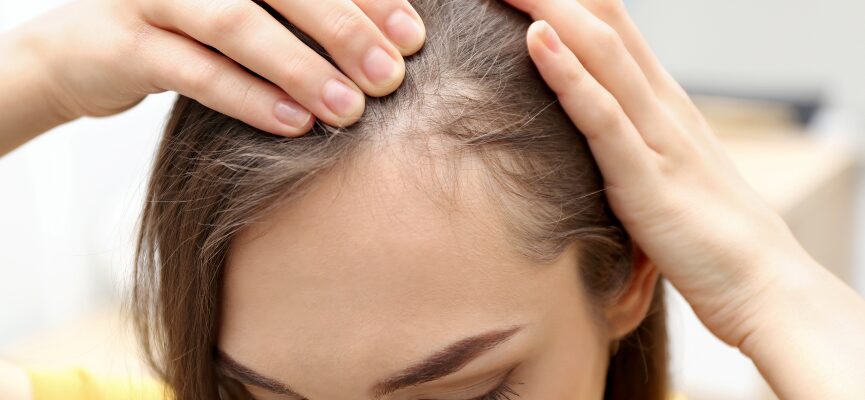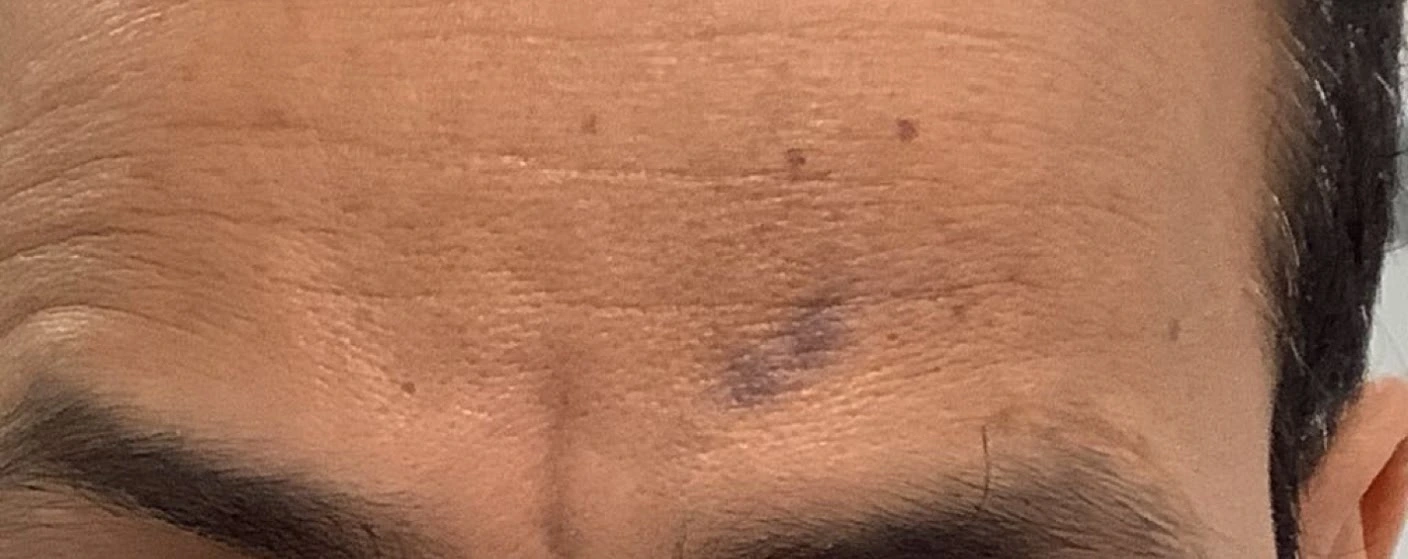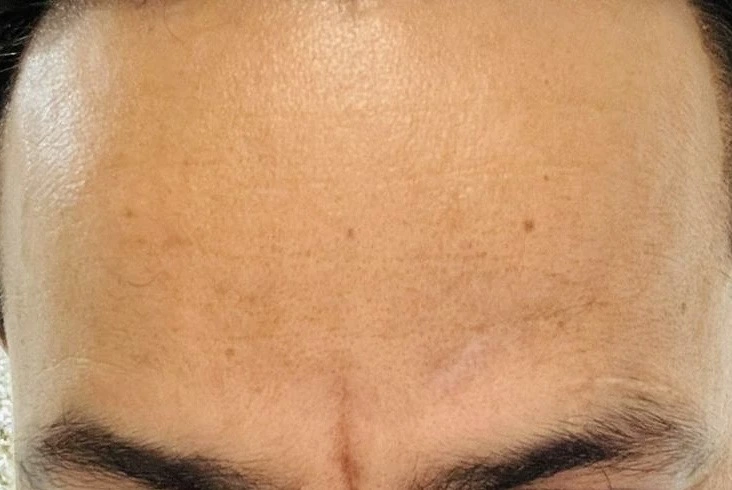- Explore Our Other Treatments

Condition Overview
Hair loss is broadly called alopecia and there are causes that require specialist assessment and treatment.
You may notice one of the following patterns of hair loss:
- Diffuse (generalised thinning of the hair),
- Hair shedding (hair left on pillows or clothes)
- Localised (separate bald patches)
- Receding hairline (hairline moving back at the temples or the forehead).
Hair loss is broadly divided into non-scarring and scarring alopecia. Scarring alopecia refers to the irreversible destruction of the hair follicles, which means that lost hair cannot be restored. To prevent this, early assessment and treatment is essential.
Pre- and Post-Care Instructions
Follow these guidelines to prepare for your treatment and achieve the best results.
Before Your Appointment
- Bring Photos of Skin Issues
- Prepare a Short List of Questions or Concern
- Wear Loose Clothing
- Avoid Makeup and Nail Polish
- Review Your Skincare Products
- Know Your Family History
- Arrive Early
After Your Appointment
- Keep the treated area clean and moisturised.
- Avoid makeup for at least 12 hours post-treatment.
- Protect your skin with SPF 30+ daily.
- Avoid saunas, hot baths, and strenuous exercise for 48 hours.
- Use gentle, fragrance-free skincare products.
Treatment Options
Frequently Asked Questions
Alopecia can be a result of stress, illness, nutritional deficiencies, the immune system attacking the hair follicles, genetics or fungal infections.
Telogen Effluvium
Telogen effluvium is hair shedding that causes thinning hair all over the scalp. This form of alopecia can occur rapidly following illness, post child birth, or after a stressful event. It can also occur progressively following nutritional deficiencies or a long term illness.
Patterned Hair Loss or Androgenetic Alopecia
This common condition often occurs in older adults, but can occasionally develop in young adults and children. For men, the condition presents as thinning of the hair on the crown along with a receding hairline. For women, it presents as thinning of the hair on the top of the scalp, which causes the parting to look wider.
Alopecia Areata
This condition presents as smooth bald patches that appear suddenly on the scalp, due to the body’s immune system attacking the hair follicles. It can develop if there is a family history of autoimmune disorders such as vitiligo, thyroid disease or diabetes.
Tinea Capitis
This condition is a fungal infection of the scalp and is most commonly seen in children. It can cause pus, discharge and hair loss in a part of the scalp. It can result in permanent, irreversible hair loss, therefore early treatment is essential.
Scarring alopecia
This is a group of conditions where inflammation causes permanent destruction of the hair follicles. It often presents as redness with a receding frontal hairline or as inflamed patches on the scalp.
Although hair loss cannot be recovered, treatment can prevent further spread and damage.
A diagnosis can usually be made clinically and occasionally a scalp biopsy is also required. Blood tests are occasionally performed to check for nutritional deficiencies.
- Topical creams, either prescribed or bought over the counter
- Local injections into the scalp
- Oral medication – (some require regular blood monitoring)
- Platelet Rich Plasma Therapy (PRP)
- Hair supplements
Our Result
Before & After Treatment
Our ‘Before & After’ gallery highlights the powerful impact of dermatological treatments.
Before Treatment
This patient presented with post inflammatory hyperpigmentation on left forehead; which occurred after a procedure.
This was deep in the skin


After Treatment
Results after 4 sessions of laser and formulated creams
Hardly noticeable now
Very Happy Patient
Prepare for Your Appointment
How It Works
Small steps to help us assess your skin quickly and accurately.
Book Your Consultation
Secure your spot with Dr. Rajani by booking online or calling the clinic. A £30 deposit confirms your appointment.
Complete Your Forms
Fill in your medical and related forms before your visit to save time and help us prepare.
Personalised Consultation
During the consultation, Dr. Rajani will review your history and create a tailored management plan.
Summary & Communication
A consultation summary will be emailed to you and, if you wish, shared with your GP.
Keep Us Updated
Share your progress with us so we can support your ongoing improvements.
Review Consultation
We'll meet again to compare results and decide whether to continue the treatment as planned.
Ready to take control of your Hair Loss?
Speak to our dermatologist today and create a plan tailored to your skin.
